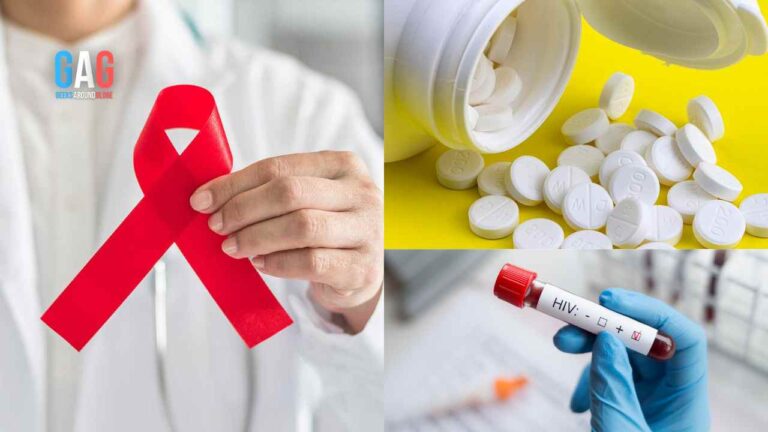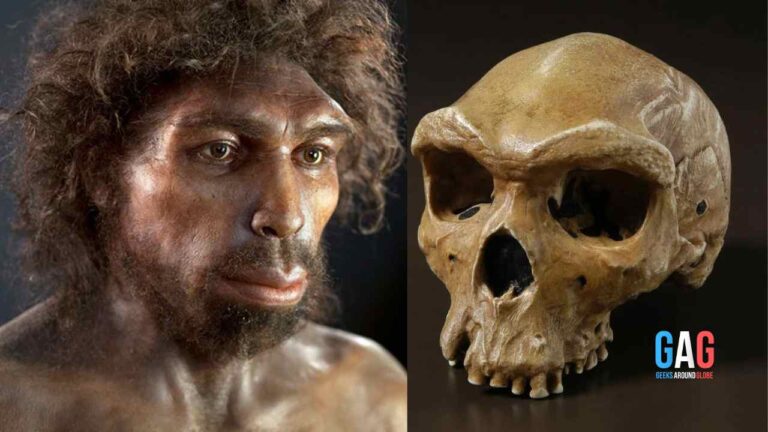Scientists have made breakthroughs in depression treatment. They have used a deep brain stimulation (DBS) device and artificial intelligence (AI) to identify a crucial brain activity pattern known as a “biomarker.” Biomarkers are linked to the recovery of individuals struggling with treatment-resistant depression.
This breakthrough, emerging from a modest-sized study, promises to provide crucial insights into a patient’s response to DBS treatment effectiveness. The study, supported by the National Institutes of Health’s BRAIN Initiative, was recently published in Nature.
News: Researchers discover biomarker for tracking depression recovery https://t.co/PvOcnGIRVR
— NIH (@NIH) September 20, 2023
DBS Treating to Treatment-Resistant Depression
Treatment-resistant depression is a formidable challenge in the field. And it has spurred the exploration of innovative therapies like DBS. This procedure involves implanting a thin metal electrode into specific brain regions. And that metal electrode administers electrical impulses, modulating brain activity. Despite its success in some cases, the precise mechanisms behind DBS’s efficacy have remained elusive.
A Small but Pivotal Study
The study enrolled ten adults who have treatment-resistant depression. All of them underwent DBS therapy over six months. Following uniform initial stimulation, the researchers incrementally adjusted the stimulation levels.
Using AI tools, brain data from six participants unveiled a common biomarker, reflecting patients’ self-reported shifts from depression symptoms to stability during their recovery. In one case, the biomarker even enabled researchers to predict an impending depressive episode weeks before clinical interviews indicated the risk.
Dr. John Ngai, director of the BRAIN Initiative, emphasized the importance of this collaborative work, stating that it pushes forward the prospect of utilizing innovative therapies for severe depression. This condition can be profoundly debilitating.
DBS at the Subcallosal Cingulate Cortex (SCC)
In this study, patients received DBS targeting the subcallosal cingulate cortex (SCC). SCC is the brain region linked to emotional behavior and sadness. While DBS of the SCC has shown potential for long-term relief from depressive symptoms, each patient’s journey to recovery varies significantly.
Clinicians often rely on subjective self-reports and psychiatric assessments. Those can be inconsistent over time, making distinguishing between mood fluctuations and severe cases requiring stimulation adjustments challenging.
Researchers employed explainable artificial intelligence to interpret subtle changes in brain activity, distinguishing between depressive and stable recovery states and identifying key drivers of this transition.
Crucially, this biomarker could provide an early warning signal for patients on the brink of severe depression, prompting necessary DBS adjustments and additional clinical care.
DBS Therapy’s Impact
An impressive 90% of patients in the study showed significant improvement in depression symptoms after six months of DBS therapy. Also, 70% achieved remission or no longer experiencing depression. This exceptional response rate provided a unique opportunity to examine each patient’s distinct brain responses to stimulation during treatment.
This study underscores the importance of comprehending patient variations, a crucial aspect of treating complex psychiatric disorders such as treatment-resistant depression.
Analyzing MRI Data and Facial Expressions
The research delved further into MRI brain scans before surgery, revealing structural and functional anomalies in the targeted brain network. Additionally, AI tools analyzed changes in facial expressions captured during patient interviews. It offers a potential behavioral marker to track recovery alongside the biomarker. Further research is needed to validate the video analysis’s ability to predict disease states reliably.
Both observed facial expression changes and structural deficits correlated with the cognitive states identified by the biomarker, strengthening its potential for managing DBS therapy effectively.
Confirming and Expanding Discoveries
The research team, led by Drs. Mayberg and Rozell are currently validating these findings with a second group of patients at Mount Sinai. Future investigations will continue to explore the antidepressant effects of DBS using advanced technology to study moment-to-moment mood fluctuations.
Also read;







